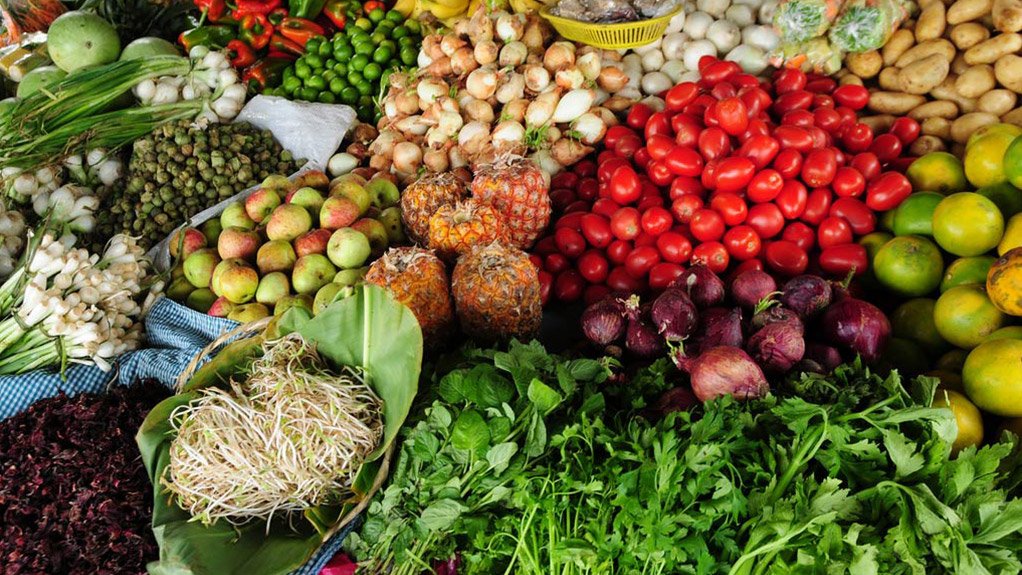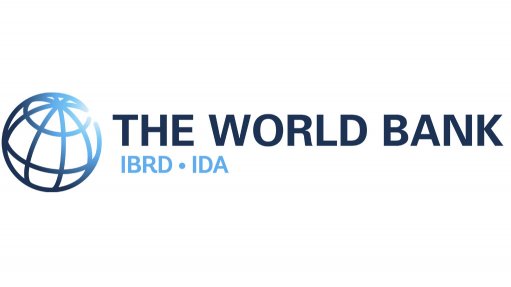South African region faces rising food insecurity concerns, millions at risk
Rising food insecurity in Southern Africa is a concern said the Food and Agriculture Organization of the United Nations (FAO) on Monday.
The organisation said the Southern Africa region is increasingly experiencing food insecurity “as a result of poor harvests” across the region.
The Southern African Development Community reported in their 2015 Vulnerability Assessments that “there will be an estimated 27.4-million food-insecure people in the region during the next six months”.
This is a frightening estimate to consider, and if nothing is done about it, millions would suffer FAO spokesperson David Orr said.
These areas also have to contend with global warming, changing weather patterns, and the El Niño weather phenomenon, which Orr said “could significantly impact Southern Africa following a poor agricultural season in 2014/15”.
Orr said they are constantly monitoring weather patterns as the “intensity of the El Niño is increasing towards a peak expected in late 2015, and may become one of the strongest such events on record”. This means that the region faces another “poor rainfall season and harvest”.
In addition, food insecure countries in the region have to cope with “high levels of chronic malnutrition in children and of HIV prevalence in adults”.
“The poor harvest experienced by farmers across the region will negatively impact the capacity of vulnerable farmers to purchase seeds, fertilizer and other necessities for the current planting season,” said Orr.
Earlier this year, Botswana and Namibia endured an extensive drought season.
Orr cited Malawi, Zimbabwe and Madagascar as being three of the countries in the region most at risk for food insecurity. These three countries, the FAO noted, “all suffered severe crop failure due to extended dry spells”.
Malawi, said Orr, was experiencing its worst food insecurity crisis in a decade, with 2.8-million people facing food insecurity.
Zimbabwe’s harvest season was cut by half, and the impact of this harvest would be seen in the coming months, with 1,5 million people facing food insecurity.
Orr said Lesotho and the southern parts of Angola and Mozambique were facing growing food insecurity concerns, and while Botswana and Namibia faced drought conditions earlier this year, they weren’t considered to be in the most vulnerable group.
Food insecurity, together with rising food prices, brings with it uncertainty about the future.
Orr said, “Food insecurity means that people struggle to buy or produce enough nutritious food to lead a healthy life”.
Orr said that FAO, together with the United Nations World Food Programme (WFP), have joined forces to expand their operations in these regions.
He said the WFP planned to provide assistance to 2.4-million food-insecure people “during the height of the lean season, the period prior to the next harvest when domestic food stocks become depleted”.
He said, “lean season activities will combine food assistance with cash transfers in areas where market conditions allow. So far this year, WFP has already provided food assistance to one million people who have been affected by floods”.
Orr said they are working with governments to combat rising food prices and implement crisis management plans.
Orr added that in Malawi’s case, the country needs about $44-million to avert the impending crisis.
The response plan, he said, would include “provision of inputs, with an emphasis on drought-tolerant crops such as cassava, sweet potatoes, sorghum and millet and on supplementary irrigation in order to cope with potential prolonged dry spells”.
He said that in Zimbabwe, the “FAO is working with the government to support resilience building approaches among vulnerable groups”. This support, he said, included 34 irrigation schemes in drought prone districts which were being rehabilitated.
“As many as 127 000 smallholder farmers are receiving support to adopt climate smart technologies and increase their access to rural finance,” he said.
The adoption of climate smart technologies could be one way in which sustainable production and increased resilience among communities could be used to combat food insecurity.
One such way in which communities could help solve the problem is through cash and food for work projects. Orr said these projects see “rural communities work on the refurbishment or construction of schemes such as water management systems, tree planting and terracing to prevent soil erosion”.
In addition, “FAO is providing support to 40 000 smallholder households to engage in commercial livestock production,” he said.
This support extended to drafting a drought mitigation programme that required $32-million, responding to foot-and-mouth disease outbreaks which required 5.4-million vaccine doses, and providing stock feeds and seeds to farmers.
Orr said that they were “working with the government and partners to assist some 400 000 of the most vulnerable people, scaling up to reach 850 000 people at the height of the lean season”. He said assistance would be provided through food and cash transfers.
Funding, Orr said, is critical to address food insecurity in the region, and provide assistance to all in need.
Comments
Press Office
Announcements
What's On
Subscribe to improve your user experience...
Option 1 (equivalent of R125 a month):
Receive a weekly copy of Creamer Media's Engineering News & Mining Weekly magazine
(print copy for those in South Africa and e-magazine for those outside of South Africa)
Receive daily email newsletters
Access to full search results
Access archive of magazine back copies
Access to Projects in Progress
Access to ONE Research Report of your choice in PDF format
Option 2 (equivalent of R375 a month):
All benefits from Option 1
PLUS
Access to Creamer Media's Research Channel Africa for ALL Research Reports, in PDF format, on various industrial and mining sectors
including Electricity; Water; Energy Transition; Hydrogen; Roads, Rail and Ports; Coal; Gold; Platinum; Battery Metals; etc.
Already a subscriber?
Forgotten your password?
Receive weekly copy of Creamer Media's Engineering News & Mining Weekly magazine (print copy for those in South Africa and e-magazine for those outside of South Africa)
➕
Recieve daily email newsletters
➕
Access to full search results
➕
Access archive of magazine back copies
➕
Access to Projects in Progress
➕
Access to ONE Research Report of your choice in PDF format
RESEARCH CHANNEL AFRICA
R4500 (equivalent of R375 a month)
SUBSCRIBEAll benefits from Option 1
➕
Access to Creamer Media's Research Channel Africa for ALL Research Reports on various industrial and mining sectors, in PDF format, including on:
Electricity
➕
Water
➕
Energy Transition
➕
Hydrogen
➕
Roads, Rail and Ports
➕
Coal
➕
Gold
➕
Platinum
➕
Battery Metals
➕
etc.
Receive all benefits from Option 1 or Option 2 delivered to numerous people at your company
➕
Multiple User names and Passwords for simultaneous log-ins
➕
Intranet integration access to all in your organisation





















